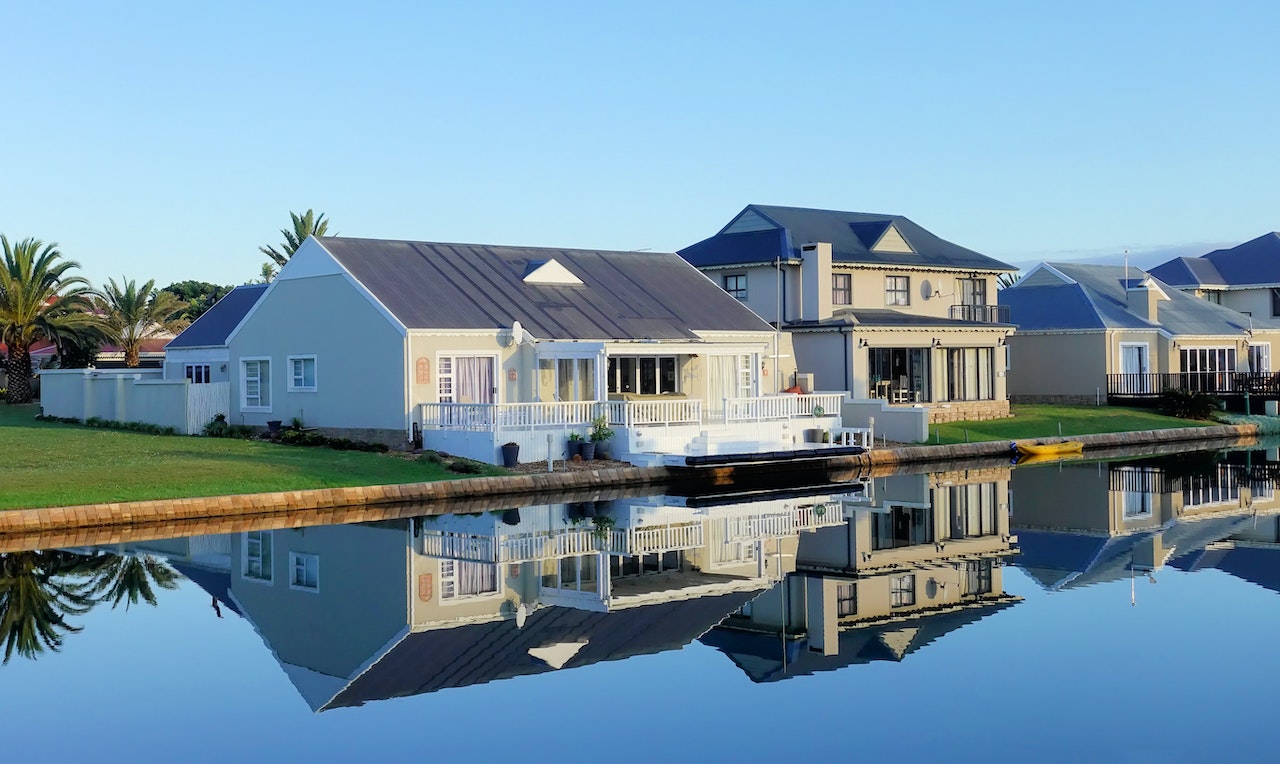
Building a house and buying a house are two of the most important financial decisions you’ll make in your life. Both options have advantages and disadvantages, and deciding which one is right for you depends on factors like how much money you have to spend, how long you plan on staying in the home, and whether or not you enjoy DIY projects.
For example, if you’re looking to build a new home because it fits your budget better than buying an existing one does—and relocating isn’t an option for some reason—then building may be the best choice for your situation. But if you want to buy an existing home with similar amenities or qualities as building one from scratch would offer (like uniqueness or design), then buying might be better suited for your needs.
Figure Out What You Really Want
First, you need to define your needs and wants. What are the pros and cons of buying vs building a house? What are the pros and cons of building a house vs buying a house? How do you know if you can afford to build a house?
If you’re going through these questions with your partner, it’s important to be honest with each other about how much money each option will cost. If one person is leaning toward building while the other is leaning toward buying, try having an open discussion about what it means for each person personally—that way, when making a decision together (which should happen after weighing all factors), both sides feel good about their choice.
Make a Timeframe for Making the Decision
Once you’ve decided to buy or build a house, the next step is to set a timeframe for making your decision.
If you don’t set a deadline, it will take longer to decide. If you have too much time on your hands, it will be easy for indecision to creep in and hold up the process indefinitely.
This way, if something requires more time before making a decision (such as being given more information about building vs buying), then by all means take advantage of that extra time!
After all, certain things about each option are harder to determine beforehand than others: whether building or buying would make sense based on where we wanted our home located geographically.
Building A House
Building a house is an exciting and collaborative process. Moreover, building a house requires careful planning and attention to detail. From the foundation to the roof, every component of a house must be carefully chosen and installed in order to ensure that it is safe and secure. One often overlooked component of building a house is steel top hat battens. These steel top hat battens are essential for providing extra stability, strength, and rigidity when constructing a house.
However, it can also be time-consuming and frustrating. If you’re planning to build a house, here are some of the things you should know about:
- Finding the perfect plot of land
- Hiring an architect and contractor like these earth moving contractors
- Understanding zoning laws so that your plans don’t violate them
Buying A House
Buying a house is one of the most important decisions you will make. When you are ready to take this big step, it is important to understand the process of conveyancing.
Conveyancing is an essential part of buying a house and involves transferring ownership from one party to another. It involves legal work that needs to be done by professionals such as solicitors or licensed conveyancers look at Blacktown conveyancing.
A good way of determining whether a house is worth buying is by having it inspected by a professional inspector before making an offer. A thorough inspection can also help protect you from hidden defects or issues with the property that might cost more than expected in repairs later down the road. If any problems are discovered during this time, they can be resolved before closing, so there won’t be any surprises after moving into your new home!
When negotiating prices with sellers, remember:
- You don’t always have to pay full price (although sometimes its okay if there isn’t much room left in negotiations). However, make sure that whatever discount rate you’re getting isn’t too high because then it could affect how much cash flow equity growth potentials could generate over time – which could end up costing more money than just paying full price upfront instead!
Home building vs. buying houses requires serious consideration and research.
It’s important to understand that building a house is not a quick process. It can take years before you see any results, and only then will you get to enjoy your new home. Buying a house, on the other hand, is much faster than building one yourself—but also more expensive and risky. You might end up stuck with an undesirable property for years if you buy an old or poorly constructed house or apartment building that needs major repairs before it becomes livable again. The cost of buying new construction is usually less than buying older homes because developers include common expenses like landscaping and appliances into the initial price tag, but by doing so, they pass those costs onto future owners who may not like some of these features (for example, homeowners who don’t have children might not need playground equipment).
Conclusion
Let’s be honest—buying a house is a big decision. It’s important to know your options, but it’s equally important that you make sure you do the proper research before making this big decision. If home ownership is something that appeals to you and your family, then buying might be right for you; but if building is more appealing because of price or quality control or other reasons such as special features not available on existing homes nearby (such as an elevator), then building might be better suited for what.

